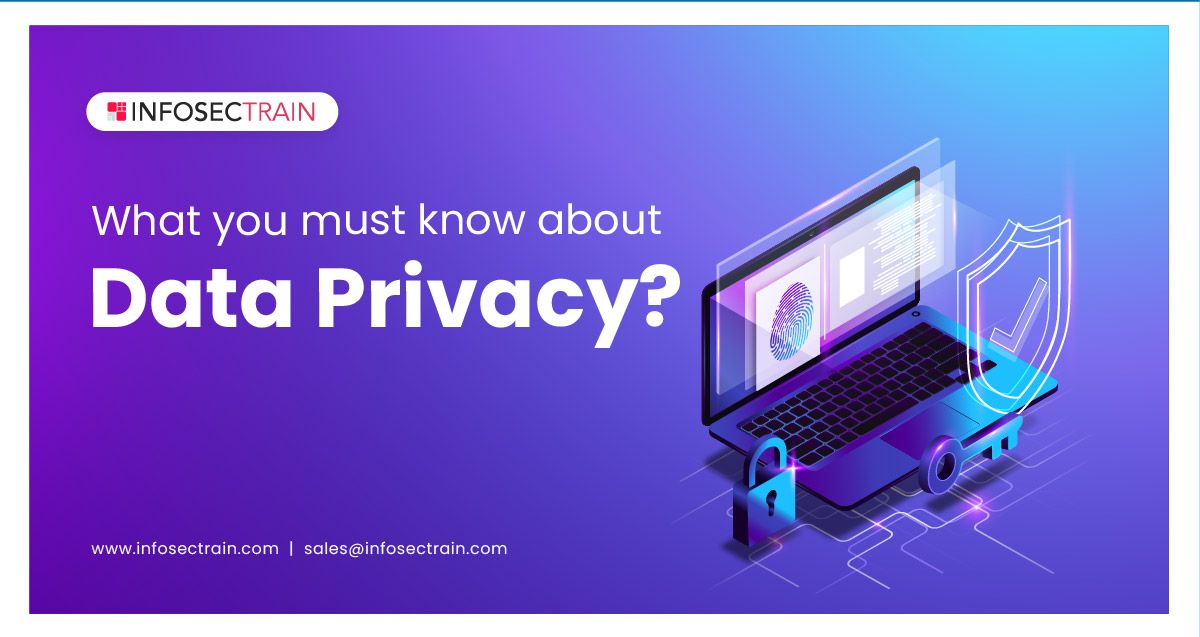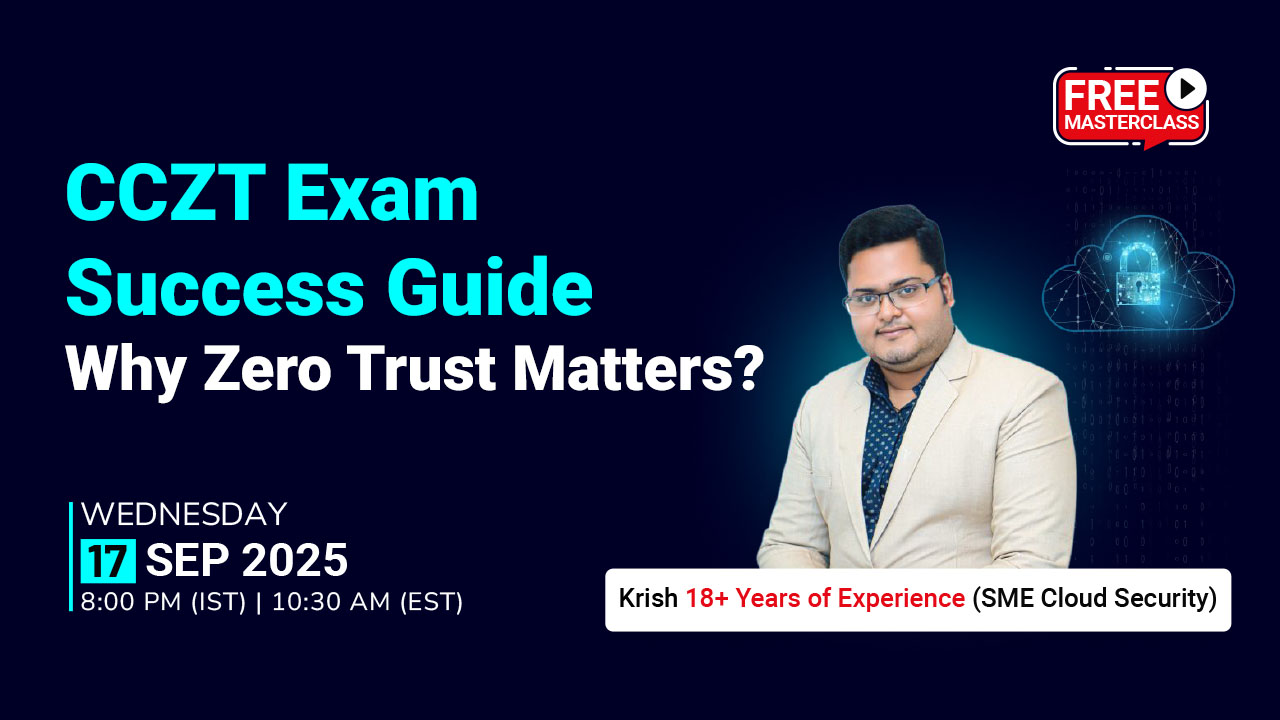What You Must Know About Data Privacy?
Digital Transformation paved the way for dematerialization, where we depend entirely on smartphones for each and everything. Alarm clocks, Telephones, CDs, DVDs, VCD Players, Physical Maps, Calculators, and many more physical things are transformed into digital. Since smartphones replace many items, our data is being stored, managed, processed, and maintained by the service providers, from which the question arises, ‘Is it safe to store our data on smartphones?’

Business, government, health, financial, and one-on-one interactions all happen in the digital space. The data being stored can be manipulated by hackers easily, which is why data privacy is an important topic that grabs everyone’s attention.
What is Data Privacy?
Data Privacy is the protection of an individual’s data from unauthorized access. The main focus of data privacy is to collect, store, process, manage, and maintain the data correctly by meeting data protection and privacy compliances and regulations. It involves rules, guidelines, best practices, and techniques to assist organizations in maintaining privacy complaints.
In general, data privacy involves the following elements:
- Data Governance
- Global Requirements
- Legal Framework
- Policies
- Practices
- Third-party vendors
Why is Data Privacy Important?
Data Privacy is a fundamental individual’s right to protect their data from unauthorized users. The collected data is used for many purposes:
- Running the business for multiple reasons, such as employing AI and ML technologies.
- Providing customer goods and services.
- Deriving insights from data.
Data Privacy is intended to secure the data from unauthorized access, breaches, and cyber-attacks.
Data Privacy is essential for individuals as well as organizations. A piece of an individual’s data can disclose personal information where Personally Identifiable Information (PII) is at stake. Unauthorized access to data can disclose an organization’s intellectual assets and confidential documents, which can highly impact the organization’s trust in the long run. Thus, Data Privacy is more important in this digital world.
What must you know about Data Privacy?
To protect the data privacy rights of individuals, many organizations are addressing the process of managing and processing the collected data and ensuring that it is being used with data compliance and regulations. The following are the things you must know about Data Privacy.
1. Be Aware of Data Privacy
People must know how the uploaded personal information is collected online, used, processed, stored, and maintained. So self-awareness about Data Privacy helps to understand the preventive measures to mitigate data risks. To further simplify, our data privacy is in our hands, and awareness of data privacy helps to stay awake while surfing or disclosing data on the internet.
2. Data Privacy is different from Data Protection.
Many people often need clarification about these two terms and use them interchangeably. Data privacy ensures the data is maintained and controlled to meet privacy regulations. In contrast, Data Protection is the process of protecting the data from unauthorized access and data risks. Data Privacy is meant to establish standards and norms to access data, whereas Data Protection protects from technical issues and cyberattacks.
3. Data Privacy is also different from Data Security.
To secure and ensure security, Data Privacy and Data Security terms sound similar but different. Data Privacy is employing proper compliances and regulations in collecting, storing, processing, and maintaining the data, whereas Data Security is implementing policies, procedures, and methods to secure data. To make it easy to understand, Data Privacy and Data Security are the subsets of Data Protection, creating a protected space to use and process the data.
4. Data Privacy is everyone’s responsibility.
Data Privacy is everyone’s responsibility. Though there are many data privacy compliances and regulations, some preventive measures are in our hands to mitigate data leaks and risks. A data breach is not a small thing in today’s world; it is tedious and impacts a huge loss to individuals and organizations. Whenever you have encountered a data breach, please report the issue and perform basic recovery methods such as isolating, disconnecting from a shared Wi-Fi connection, etc., then bring it to the experts for recovery.
5. Data Transparency is important.
Data Transparency helps to understand how organizations collect, access, process, and adequately maintain data. The data used should not compromise data transparency, lawfulness, and fairness. It is the organization’s responsibility to demonstrate transparency in the processing and managing the individual’s data. Privacy law also provides an individual the right to be forgotten to take back data ownership.
6. Privacy Laws and Regulations
We all know the General Data Protection Regulations (GDPR), but it is not the only regulation; there are many more privacy regulations worldwide. Some of them are as follows:
- California Consumer Privacy Act (CCPA)
- E-Privacy Regulations
- Colorado Privacy Act (CPA)
- Virginia Consumer Data Protection Act (CDPA)
- California Privacy Rights Act (CPRA)
Data Privacy laws will continue to evolve, bringing change in creating business plans, methods, strategies, and best practices to secure data.
Become Data Privacy Professional from InfosecTrain
Data Privacy professionals have considerable importance in cybersecurity with attractive salaries. The average salary for a Data Privacy Engineer is around $124,112 per annum. InfosecTrain offers an instructor-led training and certification course on Certified Data Privacy Solutions Engineer (CDPSE), which would help you prepare and crack the certification exam. If you want to become a certified Data Privacy Engineer, enroll now.







 1800-843-7890 (India)
1800-843-7890 (India)